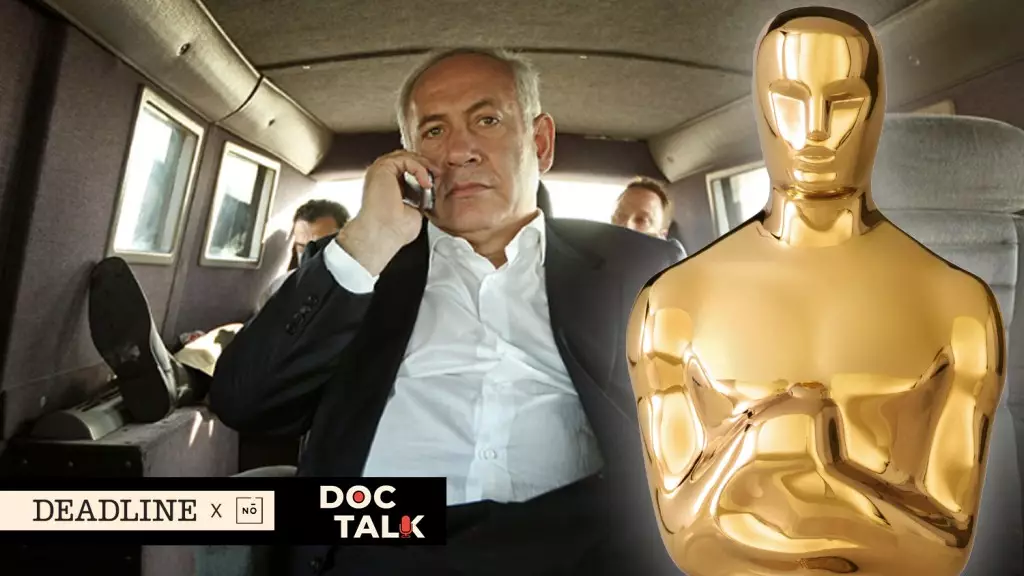The race for the Academy Award nominations in the documentary category can often be as dramatic as the films themselves. This year, the list of contenders has been ruthlessly trimmed from an extensive 169 entries to a mere 15. This significant reduction leads to a mixed atmosphere charged with excitement for some filmmakers and deep disappointment for others. While some creators bask in their nominations, others are left wondering where it all went wrong.
In the wake of this culling, filmmakers and critics alike have taken to forums and podcasts to analyze the limitations of the selections. Notable omissions included a documentary on a legendary Hollywood figure whose life was upended by a tragic accident, a project that garnered significant acclaim prior to the shortlist announcement. The absence of such a high-profile film prompts a necessary discussion on how the Academy’s Documentary Branch arrives at its decisions, provoking questions of bias and oversight in the consideration process.
Conversely, the shortlist features films that have surprised many industry watchers. One noteworthy inclusion focuses on Israeli Prime Minister Benjamin Netanyahu, revealing an unflattering portrait that angered the leader to the point of legal action to prevent its premiere during the Toronto Film Festival. Such a contentious piece highlighted the ability of a documentary to challenge powerful narratives, irrespective of its lack of U.S. distribution. This scenario invites a larger conversation about the criteria the Academy employs in evaluating the importance of a documentary’s subject matter versus its availability and distribution.
Another striking observation from this shortlist is the number of films that, despite lacking domestic distribution, made an impression strong enough to earn a coveted spot among the finalists. This raises questions about the significance of distribution in the recognition of quality documentary work. The apparent oversight of films with established critical acclaim simply due to their accessibility may reflect a systemic flaw in the Academy’s evaluation process.
In a dedicated episode of Deadline’s Doc Talk podcast, esteemed filmmaker John Ridley and veteran documentary editor Matt Carey delve into these complexities, pinpointing their mixed feelings about the resulting shortlist. Ridley shares his enthusiasm for a particular Netflix documentary that secured a nomination, while also lamenting the omission of another film he believes to be among the year’s best. This level of scrutiny not only enriches the vibe of the conversation but also encourages deeper analysis into what constitutes ‘best’ among so many worthy entries.
As discussions continue to unfold through platforms such as Deadline’s podcast, filmmakers are left contemplating the implications of such a divisive shortlist on the future of documentary filmmaking. The blend of thrill, disappointment, and fierce debate surrounding the nominations acts as a compelling reminder of the multifaceted nature of storytelling in cinema and the ever-evolving standards within the industry. Each shortlist helps highlight the need for increased dialogue, inclusion, and understanding among filmmakers, audiences, and the Academy itself, paving the way for a richer, more diverse cinematic landscape in years to come.

Leave a Reply